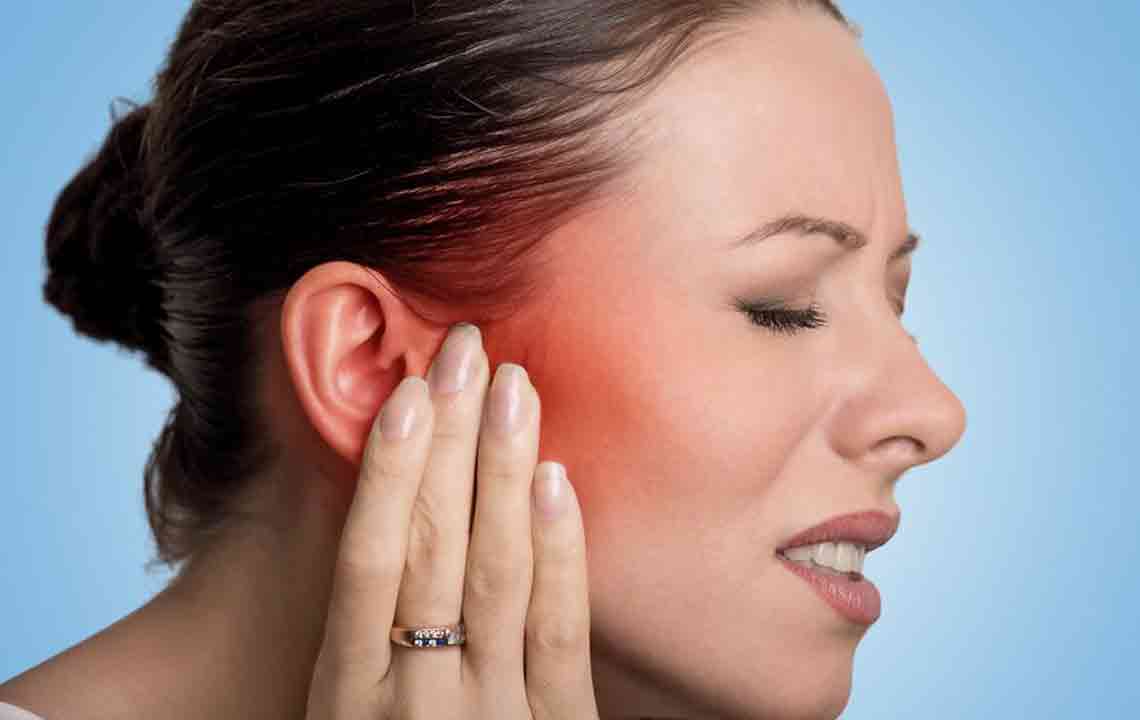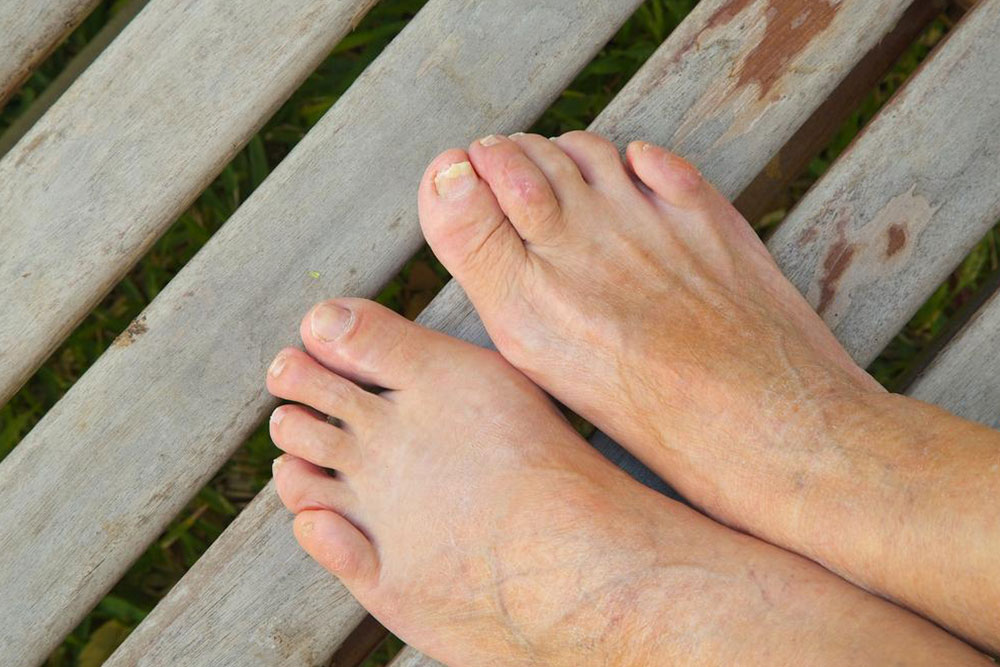Natural Strategies to Manage Tinnitus Symptoms
Discover effective natural methods to manage tinnitus symptoms. From dietary adjustments and stress reduction to alternative therapies like relaxing music and baths, learn how to improve quality of life without relying solely on medication. These holistic approaches aim to minimize sound perception and address underlying causes, helping individuals cope better with tinnitus. Consult a healthcare professional to tailor a personal management plan that suits your needs and promotes ear health naturally.
Sponsored

Natural Approaches to Alleviating Tinnitus
Tinnitus is a symptom indicating issues within the auditory system, which includes the ear, auditory nerves, and parts of the brain responsible for sound processing. The most common cause is hearing loss from noise exposure. Tinnitus manifests as ringing, clicking, hissing, or buzzing sounds without external stimuli, varying in pitch and volume.
Those with severe tinnitus often face difficulties with hearing, concentration, and sleep. Understanding the different sounds and their potential causes can aid in managing the condition effectively.
Clicking: Usually caused by muscle contractions inside or around the ear, lasting seconds to minutes.
Rushing or humming: Often linked to vascular issues, noticeable during physical activity or postural changes.
Heartbeat: Amplified blood flow sounds often result from high blood pressure, tumors, or ear blockages.
Low-pitched ringing: Associated with Meniere’s disease, sometimes intensifying during vertigo episodes.
High-pitched ringing: Typically caused by exposure to loud noises or trauma, potentially lasting hours to days. Long-term exposure and aging can lead to chronic tinnitus.
Managing Tinnitus Naturally
While there’s no definitive cure, various natural remedies can help reduce sound perception and improve quality of life. Prior to treatment, healthcare providers may conduct ear, head, and neck exams along with audiological tests to identify causes. These include:
Hearing assessment: Conducted in a soundproof room with earphones to compare responses with typical patterns for your age.
Movement tests: Moving eyes, limbs, or clenching the jaw to observe tinnitus fluctuations and pinpoint causes.
Natural remedies for tinnitus:
Eliminating stimulants: Reducing or avoiding nicotine and caffeine minimizes neurological stimulation that can worsen tinnitus. Nicotine impairs blood flow to nerve cells, while caffeine may disturb sleep and amplify symptoms.
Healthy diet: Consuming a nutritious diet rich in vitamins like A, B12, C, E, magnesium, and copper supports ear health. Limiting high-sodium foods reduces fluid retention and blood pressure, alleviating tinnitus symptoms.
Regular exercise: Physical activity releases endorphins, natural painkillers that enhance mood and sleep quality, decreasing stress-induced tinnitus aggravation.
Relaxing music: Creating a playlist of calming tunes can distract from ringing sounds, providing relief.
Soothing baths: A warm bath with salts or essential oils can aid relaxation and symptom relief.
Consult your healthcare provider, get a proper diagnosis, and incorporate these natural strategies to better your hearing health and overall well-being.






